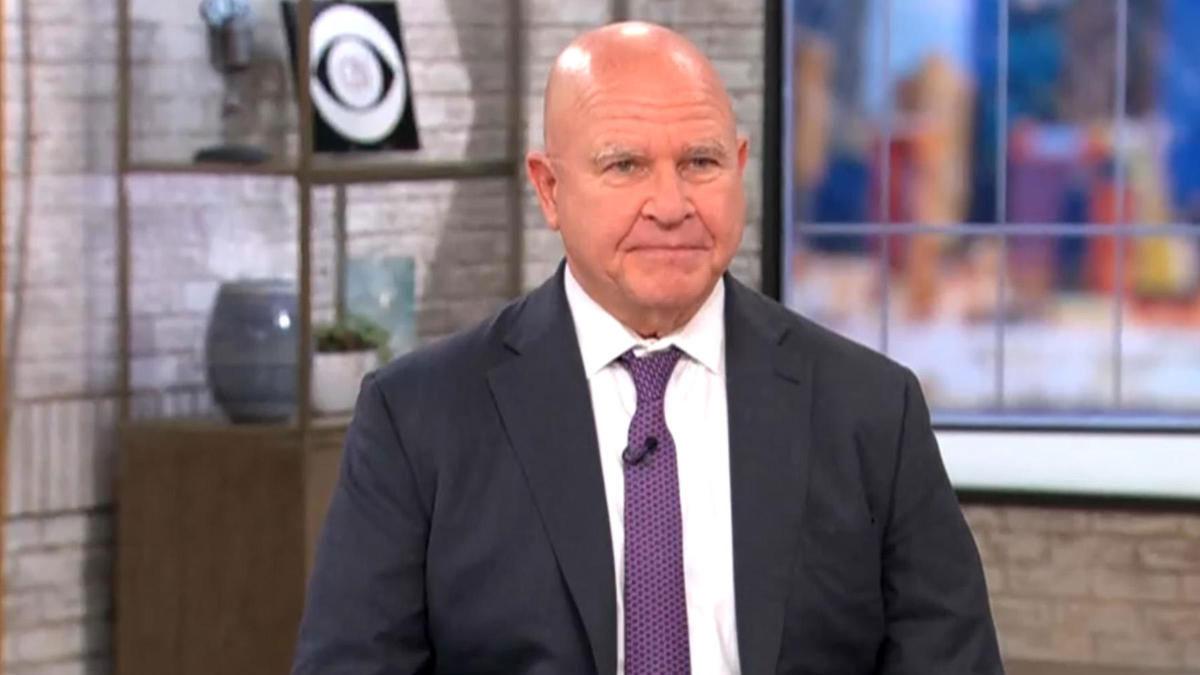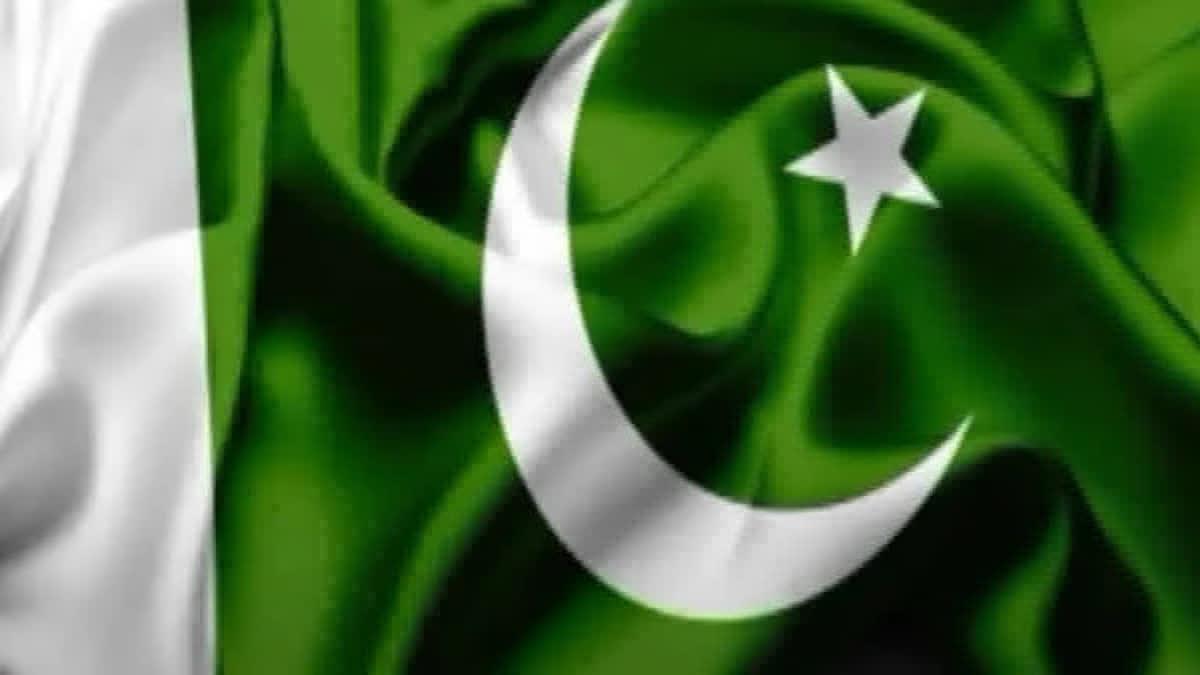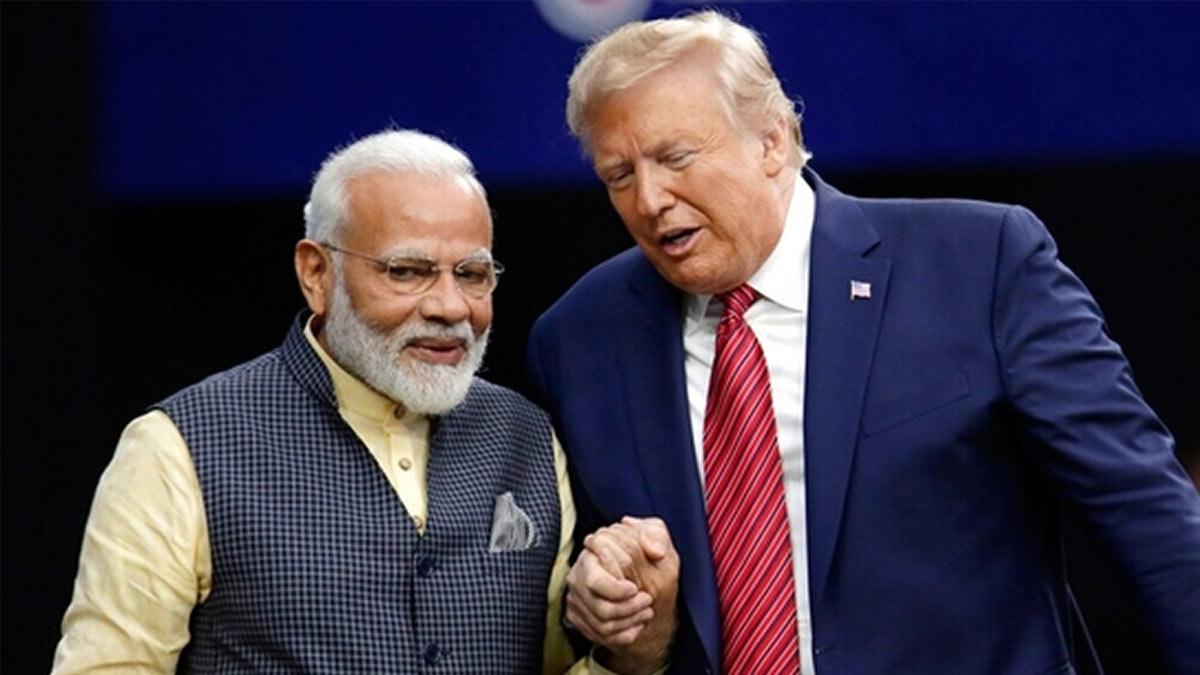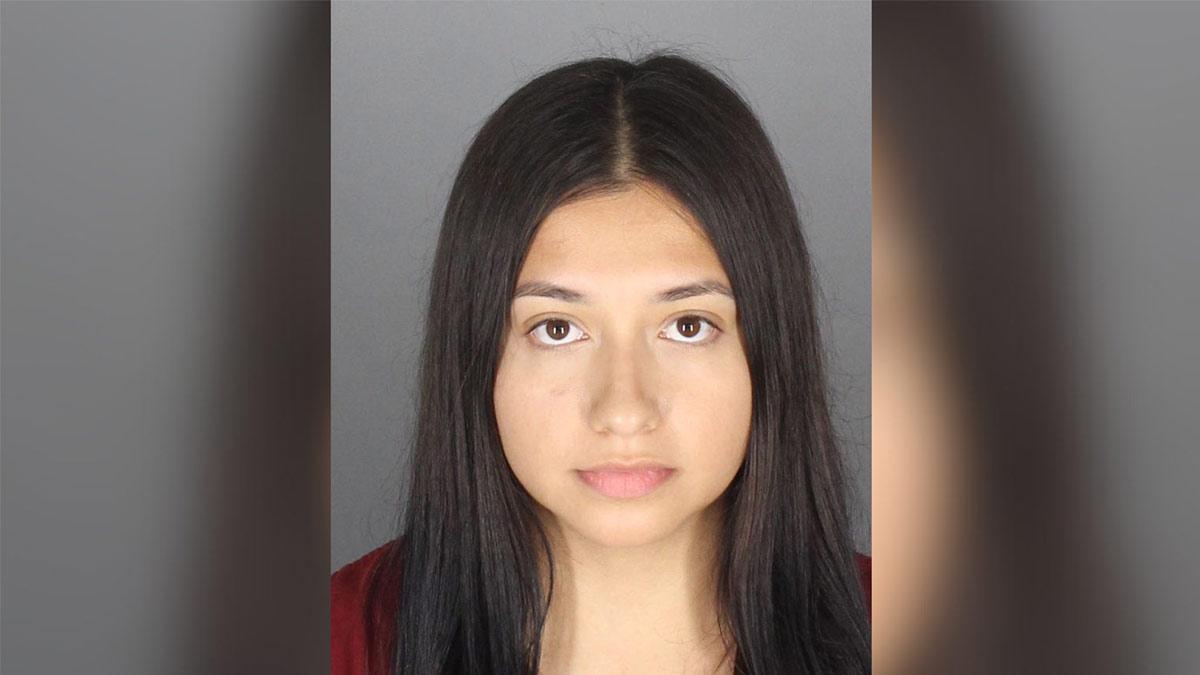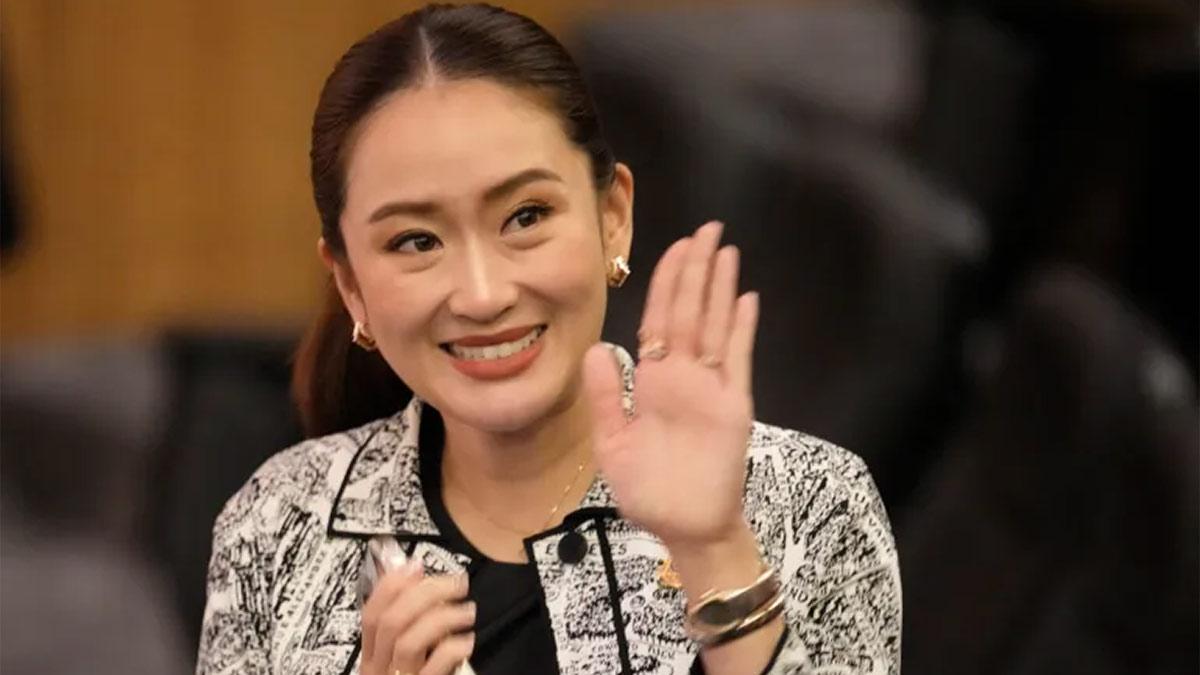In his latest book, "At War With Ourselves," former US National Security Adviser Lt Gen (retd) H. R. McMaster highlights the Indian government's approach to cooperation with the United States under Prime Minister Narendra Modi, which is mainly caused by Chinese aggression. There is an "unprecedented" level of engagement on this cooperation. India, however, remains apprehensive about both "entrapment and abandonment."
He says his dinner with his counterpart Ajit Doval of India at Quarters 13 in Fort McNair the day before he was let go underlines the contrast between the Trump administration and how the rest of the world does things. McMaster remembers the way Doval, who headed Intelligence Bureau, always came towards one when talking and spoke in hushed tones of even the most inconsequential matter.
Doval had asked him during the conversation: "For how long are we going to work together?" McMaster, by then aware of his forthcoming removal, did not give a straight answer but assured Doval that continuity would be ensured.
The two had known each other long enough for Doval to speak his mind. He asked Doval about Afghanistan's fate once McMaster was gone. McMaster reassured him about the Trump-cleared South Asia strategy, labeling it the first sustainable strategy in almost twenty years. McMaster said he couldn't be wholly reassuring because of the nature of the mercurial Trump.
All these events are recorded in McMaster's book, down to his visit to Afghanistan, Pakistan, and India between April 14–17, 2017. In New Delhi, he called on the then-Foreign Secretary S. Jaishankar, Doval, and Prime Minister Modi. If he is to be believed, everything from the Afghan war to the threat from nuclear-armed Pakistan came up for discussion. "Doval and Jaishankar were eager for deeper cooperation, which they said was compelled by increasing Chinese aggression.". Yet, it was very clear that India also had apprehensions about entanglement with unwarranted conflicts or being left behind because of America's vacillating priorities.
McMaster further expounds on the meeting with Modi, who, highly affable, pressed the need for a closer relationship among the US, India, and Japan, coupled with other like-minded countries. Modi mentioned his misgivings about China's growing reach and proposed advancing a free and open Indo-Pacific as a hedge against China's "One Belt One Road" plan.
As Modi concluded his meeting with McMaster, he embraced McMaster and told him how much good he would do for humanity. During Modi's June 2017 visit to the White House, McMaster jokingly told people that Modi would most probably embrace Trump, which eventually did happen upon the visit. The moment was surreal and almost unparalleled in history-the trading of warmth between the two Heads of State-and it formed one of the trip's big highlights.
Read also | Pakistani Man Receives 17-Year Sentence for Sexual Abuse of Hundreds of Victims
Read also | Top Chinese Communist Party Official Sentenced to Death in Major Corruption Case

